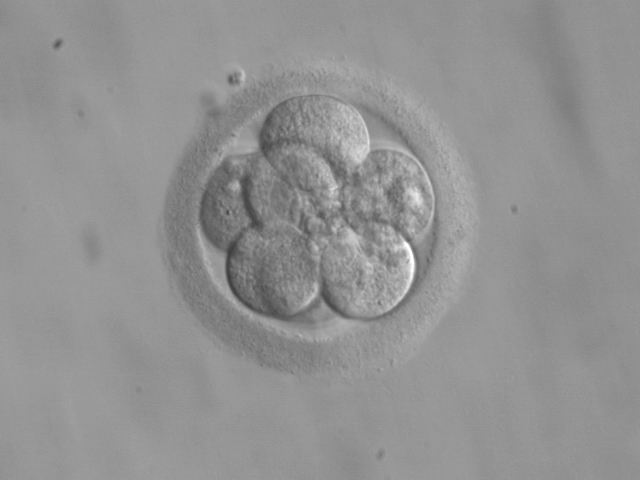London-based researchers have received permission to edit the genomes of human embryos for research purposes.
On Monday of this week, Crick Institute scientist Kathy Niakan and her colleagues learned that UK watchdog the Human Fertilisation and Embryology Authority or HFEA had approved her request to use new genetic techniques to edit the genomes of human embryos. 
The embryos are donated by parents from whom they had been prepared during the process of fertility treatment.
The purpose of the research is to understand the earliest processes in embryonic development as a single fertilised egg begins the process of dividing to produce the clutch of cells that will ultimately turn into a developing baby.
Eventually, this will help to shed light on what controls this process and why success rates for procedures like IVF tend to be low, and miscarriage rates are high.
The ruling is a breakthrough on many levels, not least because it is likely to lead to an international watershed and set a precedent whereby researchers and regulators in other countries will be empowered to make and support applications to pursue similar work.
Last year, Junjiu Huang from Sun Yat-sen University in Guangzhou, China, announced that he had used the same gene editing techniques to modify what he described as "non-viable" human embryos.
However, the announcement sparked a fierce debate about the ethical acceptability of the work. Hence the present HFEA assessment, which follows a rigorous and publicly-accountable framework provides a much firmer foundation for other similar bodies internationally.
In the present ruling handed down to the Crick Institute scientists, the embryos under study will not be allowed to develop for more than 7 days, by which time they will consist of a clutch of about 250 cells.
However, even by this early stage, critical processes that pattern the structure and developmental fate of a future baby are taking place.
At the moment, these processes and the genetic machinery that underpins them are a complete mystery to us. And while we can learn something of the process by studying relating animals - such as mice - there are important fundamental differences between species.
According to Nobel prizewinner and director of the Crick Institute Sir Paul Nurse, "Dr Niakan's proposed research is important for understanding how a healthy human embryo develops and will enhance our understanding of IVF success rates, by looking at the very earliest stage of human development."










Comments
Add a comment